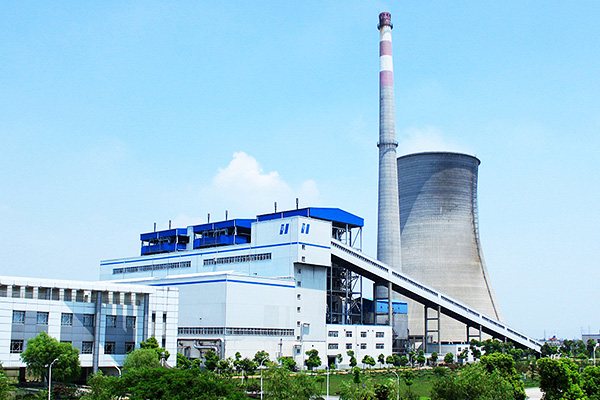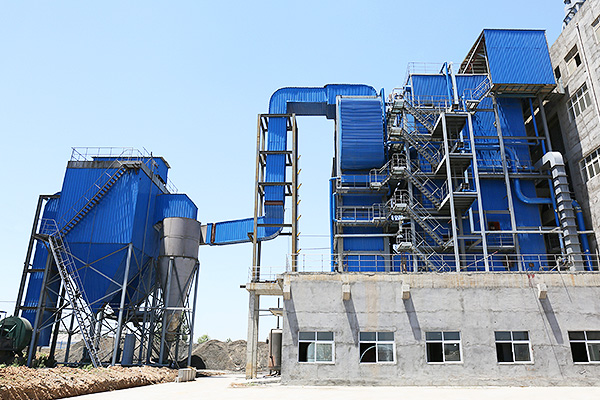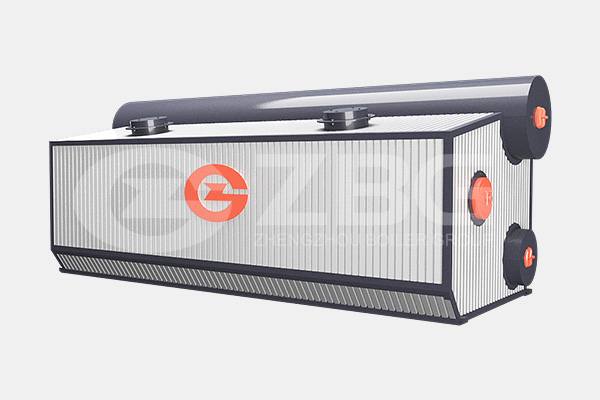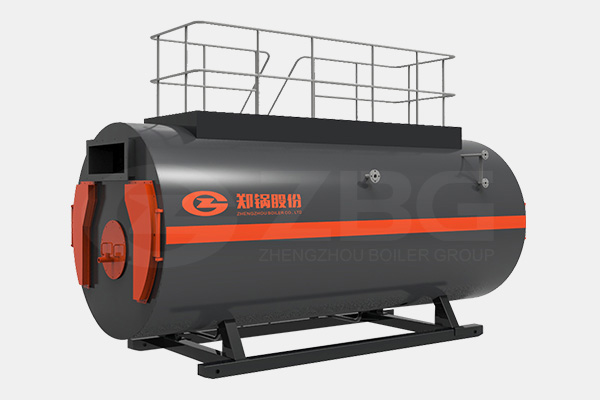What Will Cause Heat Loss Of Industrial Boilers
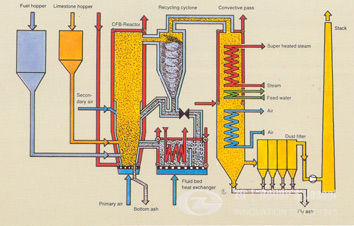
Efficiency of industrial boilers is the most important aspect every industry care about, which is directly related to the cost of it. The efficiency of a boiler is dependent on how much of the heating value of the fuel is lost and whether the combustion is fully or not. There are several factors that will lead to heat loss and incomplete burning of fuel.
Heat loss in flue gas
Heat loss in flue gas is by far the largest loss in industrial boilers, especially for the coal fired boiler that generates much flue gas. During the use of boilers, a large quantity of useful heat will be discharged with flue gas. So the set of chimney of boilers should according to the amount of flue gas because a too higher speed of flue gas will take away more heat. Air heater is a useful method in using the heat in flue gas.
Moisture in the fuel
Moisture is the next largest cause of heat loss. In the combustion process, moisture in the fuel becomes super heated steam. The humidity of the air is another addition of moisture to the furnace and also causes a loss in efficiency. The hydrogen content of the fuel combines with oxygen, forming additional water as super heated steam. The super heated steam will take away much energy.
Poor mixing of fuel and air
Incomplete combustion of fuel represents a serious loss and can be minimized by using sufficient air and a suitable means of mixing the fuel and air. An oversupply of excess air that above the amount that required for complete combustion of the fuel will increase this heat loss and also tends to cool the boiler. Carbon monoxide gas will generates in the combustion process. Incomplete combustion therefore can be detected by the measurement of carbon monoxide in the flue gas. It is impossible to burn all the carbon out of coal, and the amount remaining in the ash can be controlled to a minimum value by controlling the factors that contribute to good combustion.
